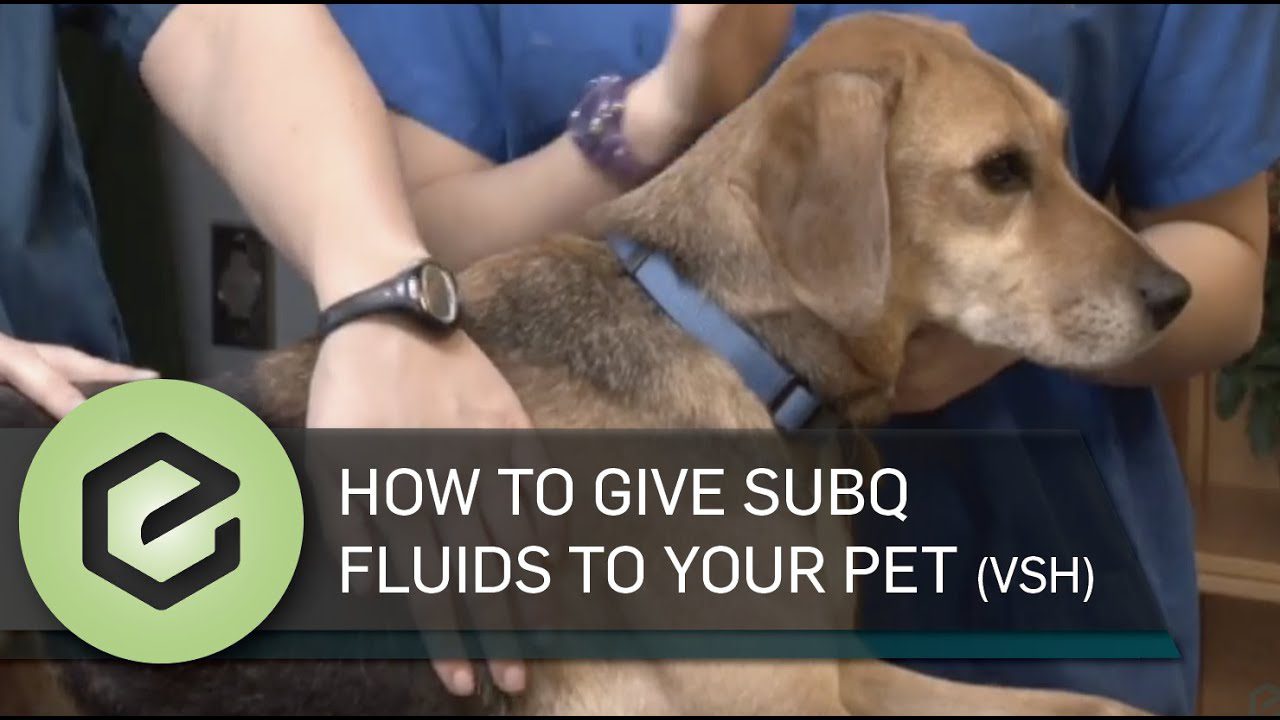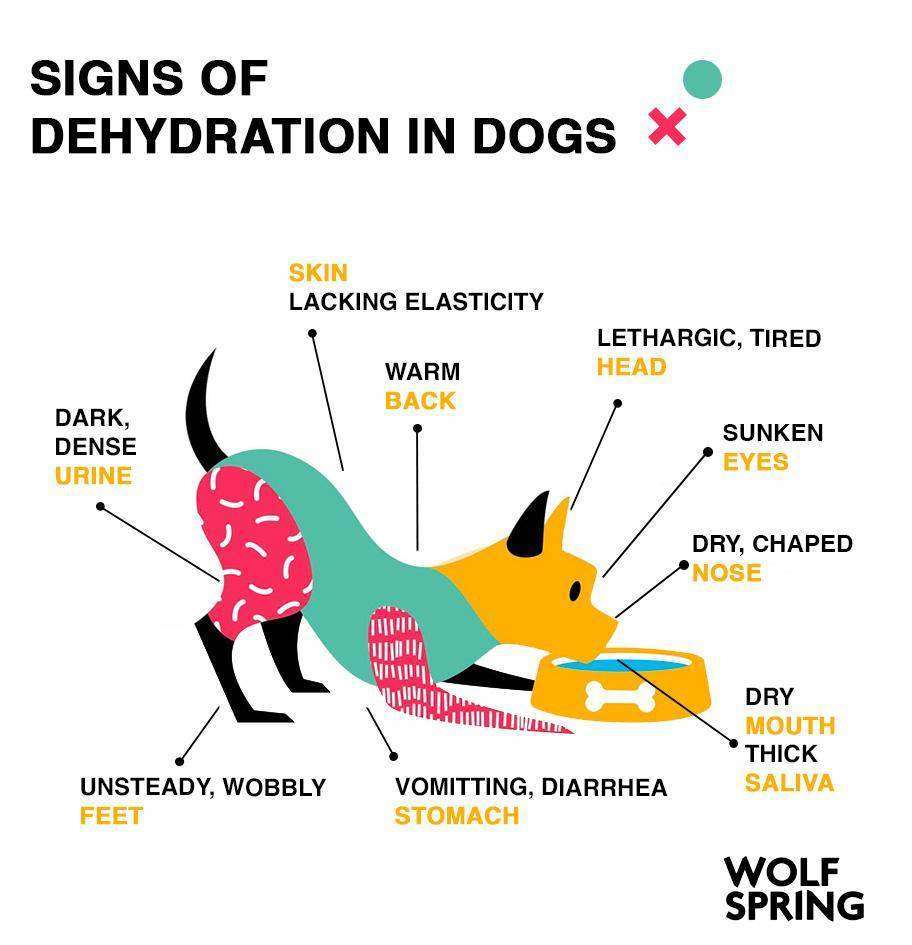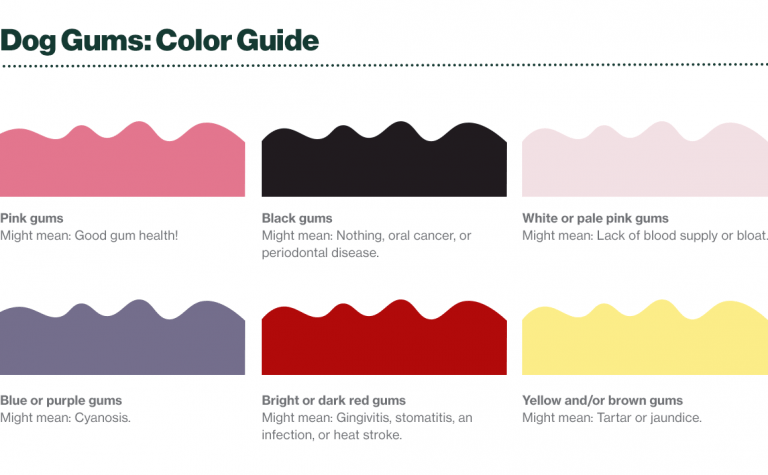Key Takeaways:
- Dehydration is a common issue in cats and can lead to serious health problems if not addressed.
- Signs of dehydration in cats include dry gums, loss of skin elasticity, sunken eyes, and decreased appetite.
- Providing fresh water and encouraging hydration through wet food or water fountains can help prevent dehydration in cats.
- If your cat is dehydrated, it's important to seek veterinary care for proper diagnosis and treatment.
- In severe cases of dehydration, intravenous fluids may be necessary to rehydrate the cat quickly and effectively.
Are you a proud owner of a furry feline friend? If so, then you know how much joy and companionship they bring into our lives. But did you know that cats are prone to dehydration, which can have serious consequences for their health? Understanding the signs of cat dehydration and knowing how to address it is essential for every cat owner. In fact, studies have shown that up to 30% of cats suffer from chronic dehydration, putting them at risk for urinary tract issues and kidney problems. In this article, we will explore the importance of recognizing the signs of cat dehydration and provide practical solutions to keep your beloved pet happy and hydrated. So grab a cup of tea (or milk), snuggle up with your kitty, and let's dive into the world of cat hydration!
Understanding Dehydration in Cats: Spotting the Signs
Dehydration occurs when a cat's body loses more water than it takes in. It can happen for various reasons, such as illness, hot weather, or not drinking enough water. As a cat owner, it is crucial to be able to recognize the signs of dehydration so you can take prompt action.
Some common signs of dehydration in cats include:
- Loss of appetite
- Dry mouth and nose
- Lethargy or decreased energy levels
- Sunken eyes
- Poor skin elasticity (when you gently lift the skin on the back of your cat's neck, it doesn't quickly return to its normal position)
Why is it important to spot the signs of dehydration?
Recognizing the signs of dehydration is essential because if left untreated, it can lead to serious health complications for your cat. Dehydration can affect organ function and overall well-being. It is especially concerning in kittens and older cats who may have weaker immune systems.
Tips for spotting signs of dehydration:
- Regularly check your cat's hydration level by gently lifting the skin on their neck and observing how quickly it returns to its original position.
- Monitor their water intake and ensure they have access to fresh water at all times.
- If you notice any changes in behavior or physical appearance that may indicate dehydration, consult with a veterinarian for further evaluation.
Visible Signs of Dehydration in Cats: How to Tell if Your Cat is Dehydrated
Cats cannot communicate their discomfort as clearly as humans, so it's important to pay attention to their behavior and physical appearance to determine if they are dehydrated. Some visible signs of dehydration in cats include:
- Sunken eyes: If your cat's eyes appear sunken or dull, it may indicate dehydration.
- Dry gums and nose: Check your cat's gums and nose for dryness. Moist gums and a slightly wet nose are signs of good hydration.
- Loss of skin elasticity: Gently pinch the skin on the back of your cat's neck. If it takes longer than usual to return to its original position, your cat may be dehydrated.
Why is it important to know how to tell if your cat is dehydrated?
Knowing how to identify visible signs of dehydration in your cat is crucial because it allows you to take appropriate action promptly. Dehydration can lead to serious health issues if not addressed, so early detection is key.
Tips for determining if your cat is dehydrated:
- Regularly observe your cat's eyes, gums, nose, and skin elasticity.
- If you notice any changes or abnormalities, consult with a veterinarian for guidance.
Common Causes of Dehydration in Cats: What to Watch Out For
Dehydration in cats can occur due to various reasons. One common cause is inadequate water intake. Cats may not drink enough water if their water bowl is dirty, if they dislike the taste of tap water, or if they have difficulty accessing the water source. Another cause of dehydration is excessive fluid loss, which can happen through vomiting or diarrhea. Infections, such as urinary tract infections or kidney disease, can also lead to dehydration in cats. Additionally, certain medications or medical conditions that increase urination can contribute to dehydration. It is important for cat owners to be aware of these potential causes and take necessary steps to prevent dehydration in their feline companions.
Potential Causes of Dehydration in Cats:
- Inadequate water intake
- Excessive fluid loss through vomiting or diarrhea
- Infections like urinary tract infections or kidney disease
- Medications or medical conditions that increase urination
Tips for Preventing Dehydration:
1. Ensure your cat has access to clean and fresh water at all times.
2. Clean your cat's water bowl regularly to encourage them to drink.
3. Consider using a pet fountain or offering different types of water (e.g., filtered or bottled) if your cat dislikes tap water.
4. Monitor your cat's eating habits and address any changes promptly.
5. Seek veterinary advice if you notice signs of illness, such as vomiting or diarrhea.
By being proactive and attentive to your cat's hydration needs, you can help prevent dehydration and maintain their overall health and well-being.
Preventing Dehydration in Your Cat: Simple Steps to Follow
Proper hydration is crucial for a cat's overall health and well-being. By following some simple steps, you can help ensure that your furry friend stays adequately hydrated. First and foremost, always provide your cat with access to clean and fresh water. Cats are more likely to drink if their water is clean and free from any unpleasant odors. It is recommended to clean your cat's water bowl daily and refill it with fresh water.
Tips for Preventing Dehydration:
- Clean your cat's water bowl daily.
- Refill the water bowl with fresh water regularly.
- Consider using a pet fountain to encourage drinking.
- Offer different types of water if your cat dislikes tap water.
- Monitor your cat's water intake and address any changes promptly.
Remember that cats have different preferences when it comes to drinking water. Some cats prefer running water, which can be provided through a pet fountain. Others may prefer still water or even ice cubes in their bowl. By understanding your cat's preferences and providing them with suitable options, you can help prevent dehydration and promote their overall health.
Rehydrating a Dehydrated Cat at Home: Easy Solutions to Try
If you suspect that your cat is dehydrated, there are some simple solutions you can try at home to help rehydrate them. One effective method is offering wet food instead of dry kibble since wet food contains higher moisture content. You can also try adding some low-sodium chicken broth or tuna juice to their regular meals to entice them to drink more fluids.
Home Remedies for Rehydrating a Dehydrated Cat:
- Offer wet food instead of dry kibble.
- Add low-sodium chicken broth or tuna juice to their meals.
- Use a syringe or dropper to administer small amounts of water directly into their mouth if they refuse to drink voluntarily.
- Encourage playtime near the water source as exercise may stimulate thirst.
It is important to note that while these home remedies can be helpful in mild cases of dehydration, it is crucial to seek veterinary assistance if your cat's condition does not improve or if they show severe symptoms of dehydration. A veterinarian will be able to provide appropriate medical treatment and ensure the well-being of your feline companion.
When to Seek Veterinary Help for a Dehydrated Cat: Warning Signs to Look Out For
While mild cases of dehydration in cats can often be managed at home, there are certain warning signs that indicate the need for immediate veterinary attention. If you notice any of the following symptoms in your dehydrated cat, it is important to seek professional help:
Warning Signs of Severe Dehydration:
- Sunken eyes
- Dry mouth and gums
- Lethargy or weakness
- Loss of appetite
- Decreased urination or dark-colored urine
- Rapid weight loss
If your cat exhibits any of these symptoms, it could indicate severe dehydration or an underlying health issue. Prompt veterinary intervention is necessary to prevent further complications and ensure proper treatment.
When to Contact a Veterinarian:
1. If your cat shows signs of severe dehydration.
2. If their condition does not improve with home remedies.
3. If they have concurrent symptoms like vomiting, diarrhea, or fever.
4. If you suspect an underlying medical condition contributing to dehydration.
Remember that early detection and intervention are key in managing dehydration effectively. By seeking veterinary help when needed, you can ensure the best possible care for your beloved feline companion.
Dehydration as a Symptom of Underlying Health Issues in Cats: Common Conditions to Be Aware Of
Dehydration in cats can sometimes be a symptom rather than a standalone problem. Several underlying health issues can contribute to dehydration in felines. One common condition is kidney disease, which affects the kidneys' ability to concentrate urine properly and retain water. Urinary tract infections can also lead to dehydration as they may cause increased urination and discomfort while drinking.
Common Health Issues That Can Cause Dehydration:
- Kidney disease
- Urinary tract infections
- Diabetes
- Hyperthyroidism
- Gastrointestinal disorders
If your cat experiences recurrent or chronic dehydration, it is essential to consult a veterinarian for a thorough examination and appropriate diagnosis. Identifying and treating the underlying health issue is crucial in managing dehydration effectively and improving your cat's overall health.
The Long-Term Effects of Recurrent or Chronic Dehydration in Cats: What You Need to Know
Recurrent or chronic dehydration in cats can have significant long-term effects on their health and well-being. Prolonged dehydration can lead to organ damage, particularly affecting the kidneys, which play a vital role in maintaining hydration balance. Kidney damage can result in decreased urine production, electrolyte imbalances, and even kidney failure if left untreated.
In addition to kidney problems, chronic dehydration can impact various other body systems. It may lead to urinary tract issues like bladder stones or urinary blockages. Dehydration can also affect the digestive system, causing constipation or gastrointestinal disorders.
Potential Long-Term Effects of Recurrent or Chronic Dehydration:
- Kidney damage and potential kidney failure
- Urinary tract issues like bladder stones or urinary blockages
- Digestive system problems such as constipation or gastrointestinal disorders
To prevent these long-term effects, it is crucial to address dehydration promptly and ensure adequate hydration for your cat. Regular veterinary check-ups are essential for monitoring your cat's overall health and detecting any underlying conditions that may contribute to recurrent dehydration.
By understanding the potential consequences of recurrent or chronic dehydration, you can take proactive steps to maintain your cat's hydration levels and promote their long-term well-being.
In conclusion, it is important to recognize the signs of cat dehydration, such as dry gums and lethargy, in order to provide prompt solutions. By offering fresh water and consulting a veterinarian if needed, we can help keep our furry friends hydrated and healthy.
What is the fastest way to rehydrate a cat?
The veterinarian may administer intravenous fluids or oral rehydration therapy to quickly rehydrate your cat. It is recommended to give your cat small amounts of electrolyte fluids or water throughout the day using a syringe.
How long does it take a cat to recover from dehydration?
If your cat experiences extreme dehydration, such as being left without water in a hot room for a prolonged period, it may take several days for them to fully recover. In some cases, they may even need to be monitored at an animal hospital. If you are unsure or concerned, it is always best to consult with a veterinarian.
How does a cat act when dehydrated?
Cats experiencing any type of health issue are prone to feeling weak and lacking energy. However, if your cat's weakness and lethargy are accompanied by any other symptoms listed here, it is likely that they are dehydrated.
Can I give Pedialyte to my cat?
Pedialyte can be given in small amounts to cats experiencing mild stomach upset and fluid loss. It is safe to use Pedialyte in moderation for cats with mild gastrointestinal fluid loss, such as vomiting and diarrhea, or when they are not consuming enough food or water and there is a concern about electrolyte loss.
Can I give my cat Gatorade for dehydration?
It is not recommended to give your cat remedies for human dehydration such as Pedialyte or sports drinks like Gatorade. According to Moyal, these drinks can be too sugary and have excessive sodium. It is best to provide your cat with water as the preferred option.
Can a severely dehydrated cat be saved?
If a cat loses fifteen percent of its water, it cannot survive. Dehydration can be deadly, so it is important to seek immediate veterinary treatment to correct the condition. While dehydration can occur due to not having enough water, it may also be a sign of a larger health issue.
















